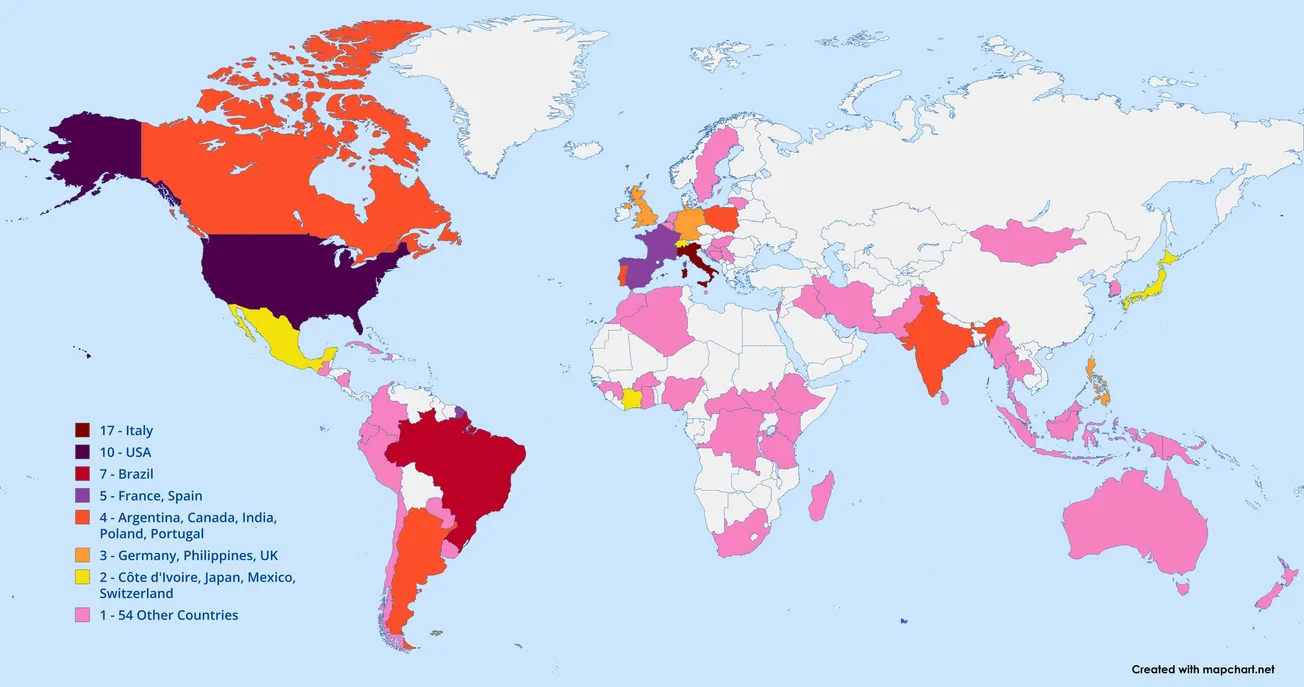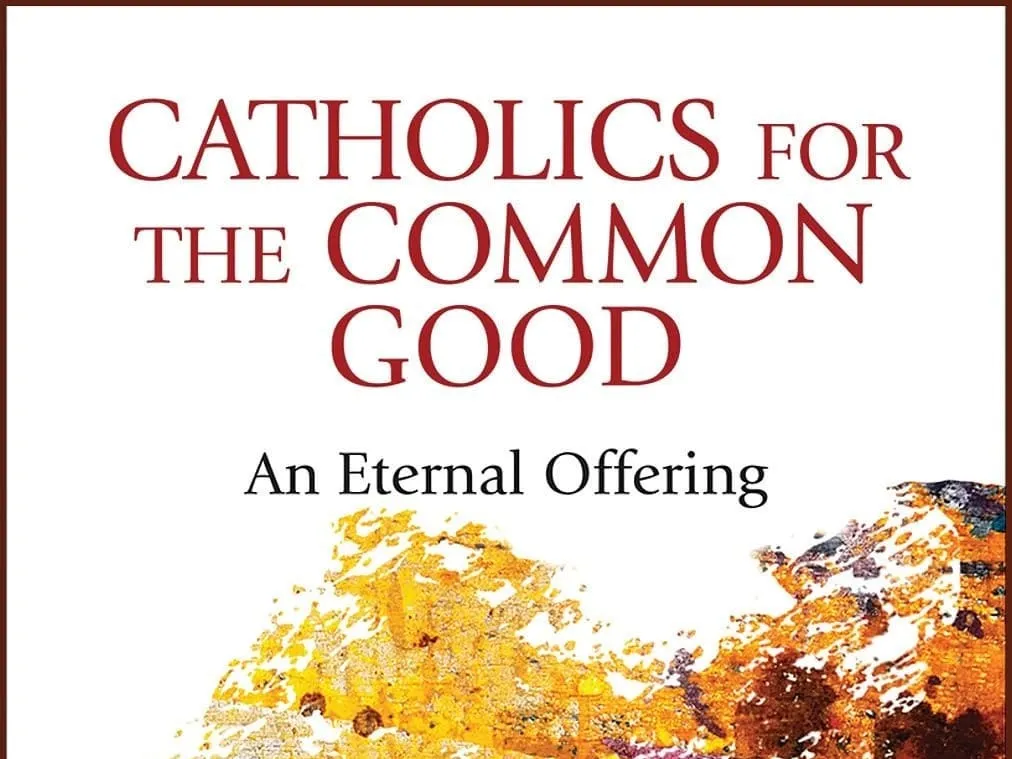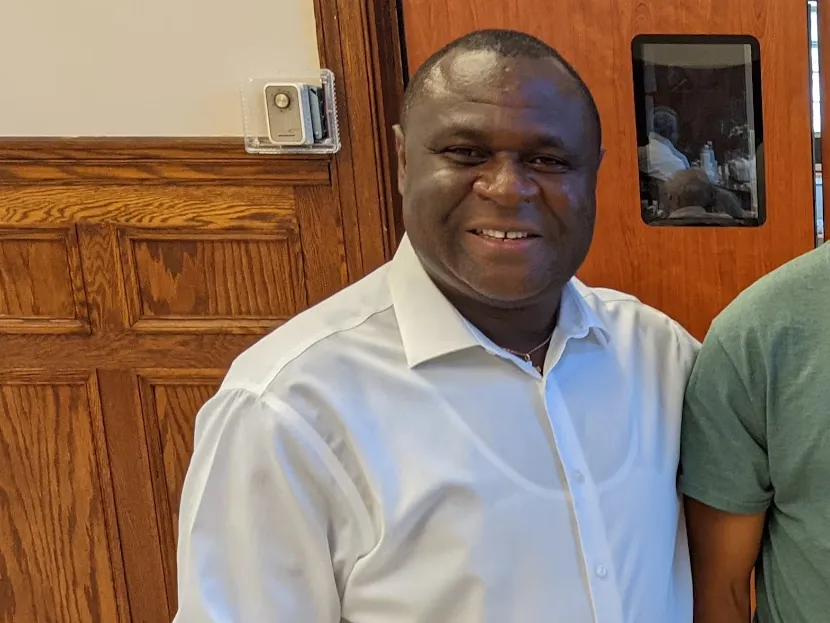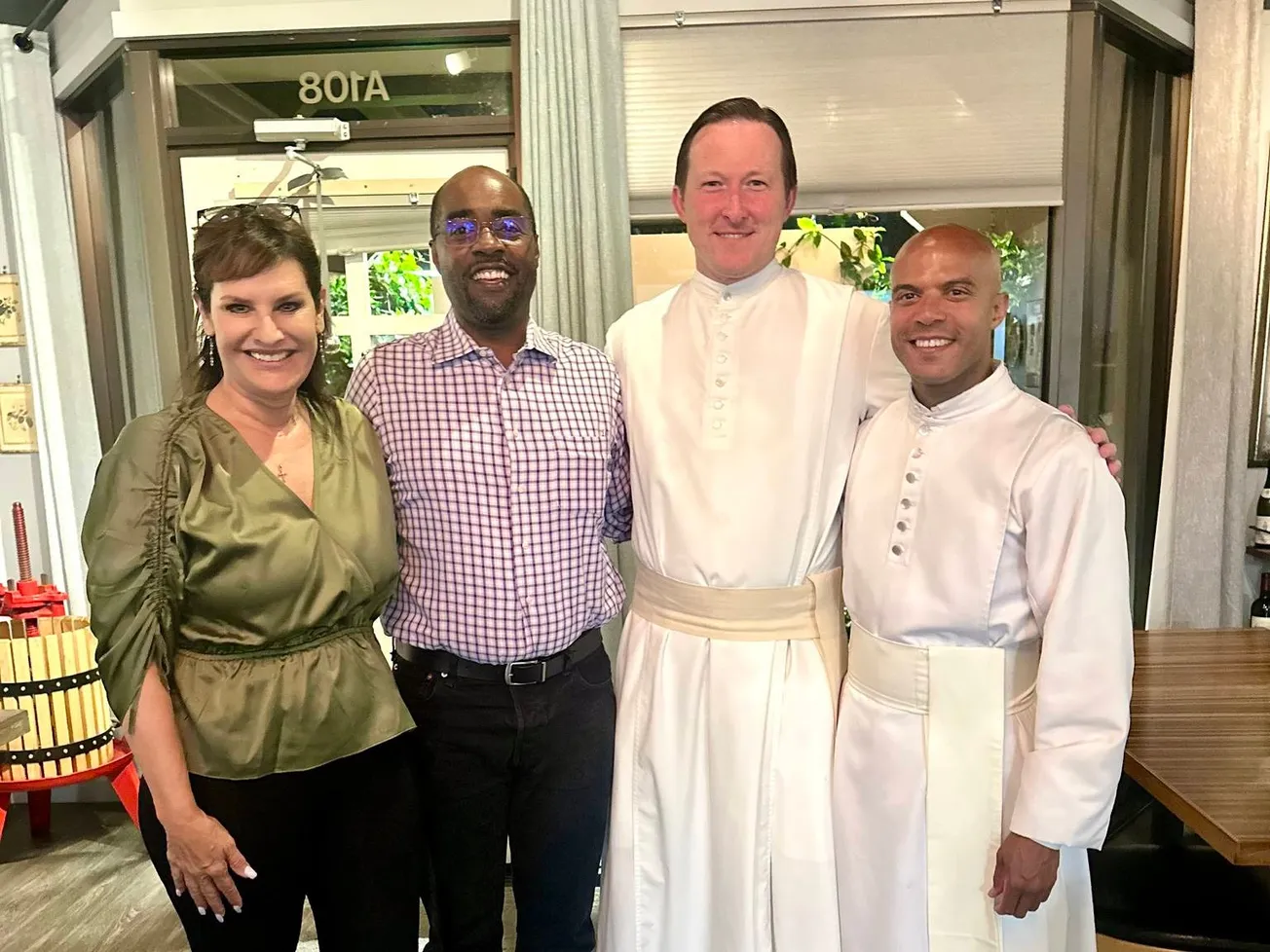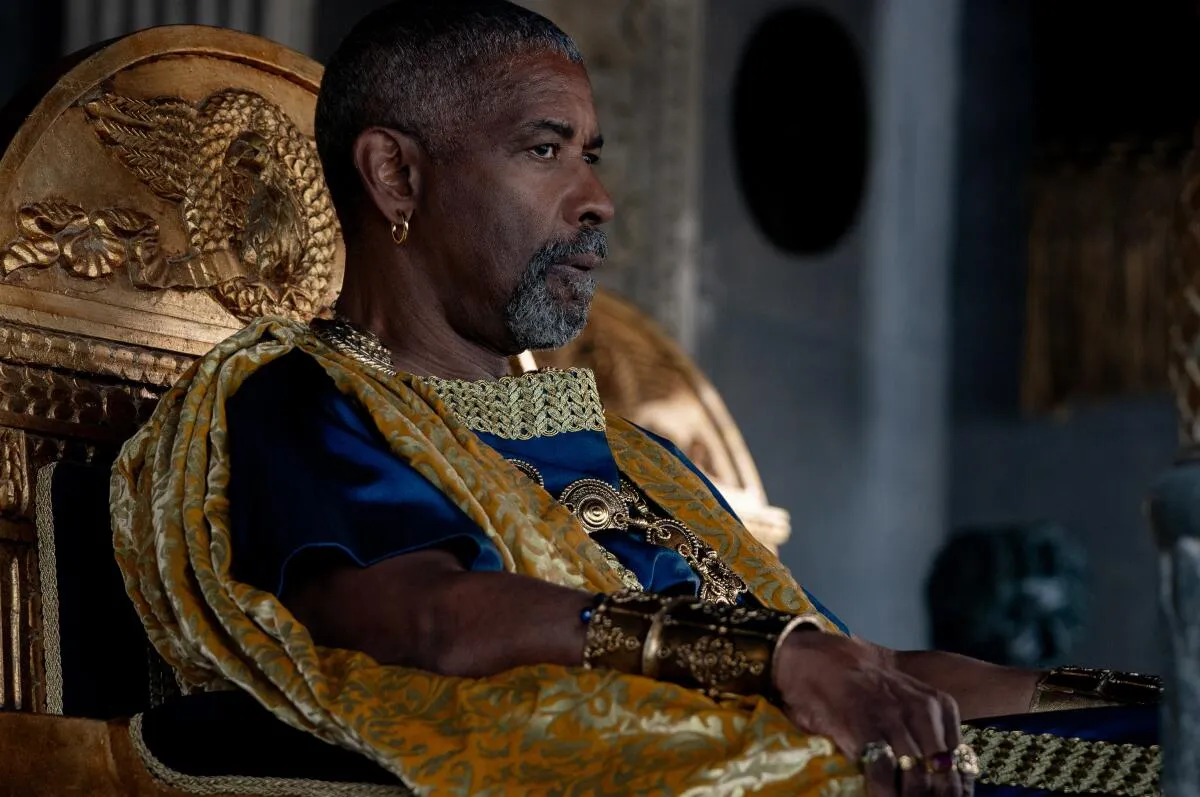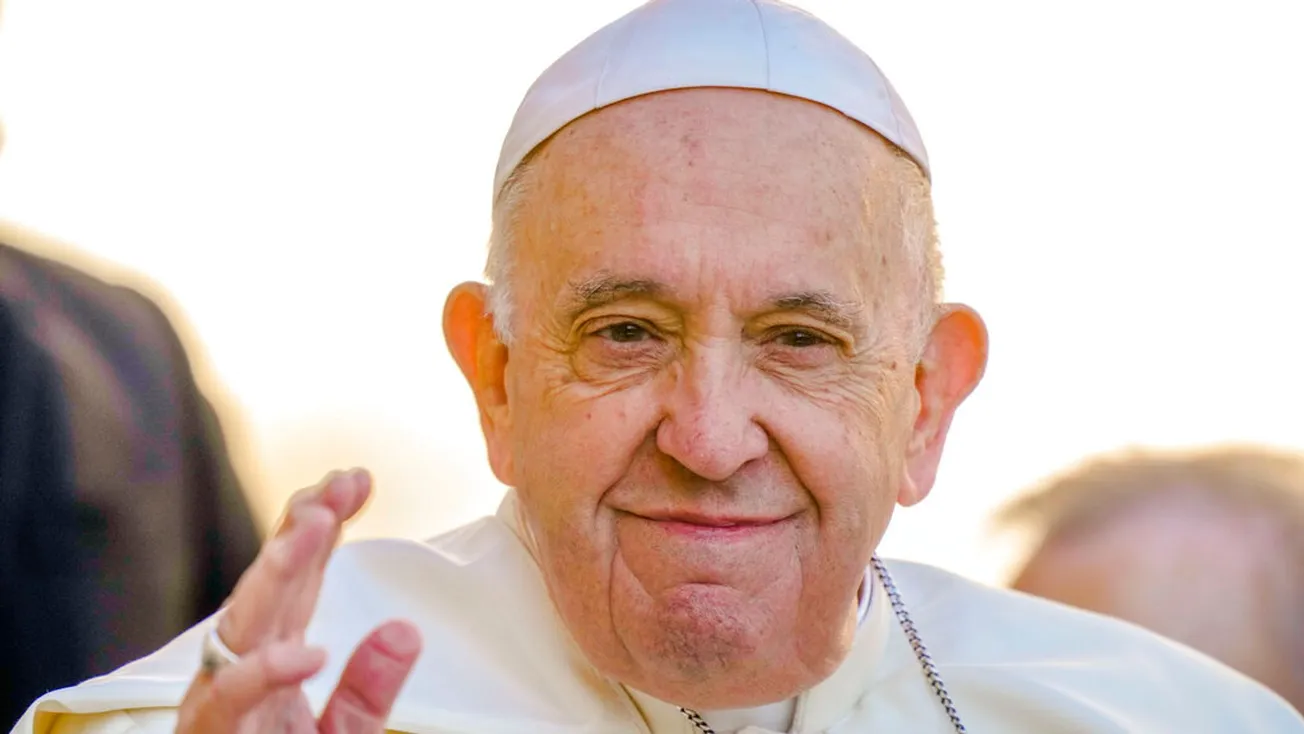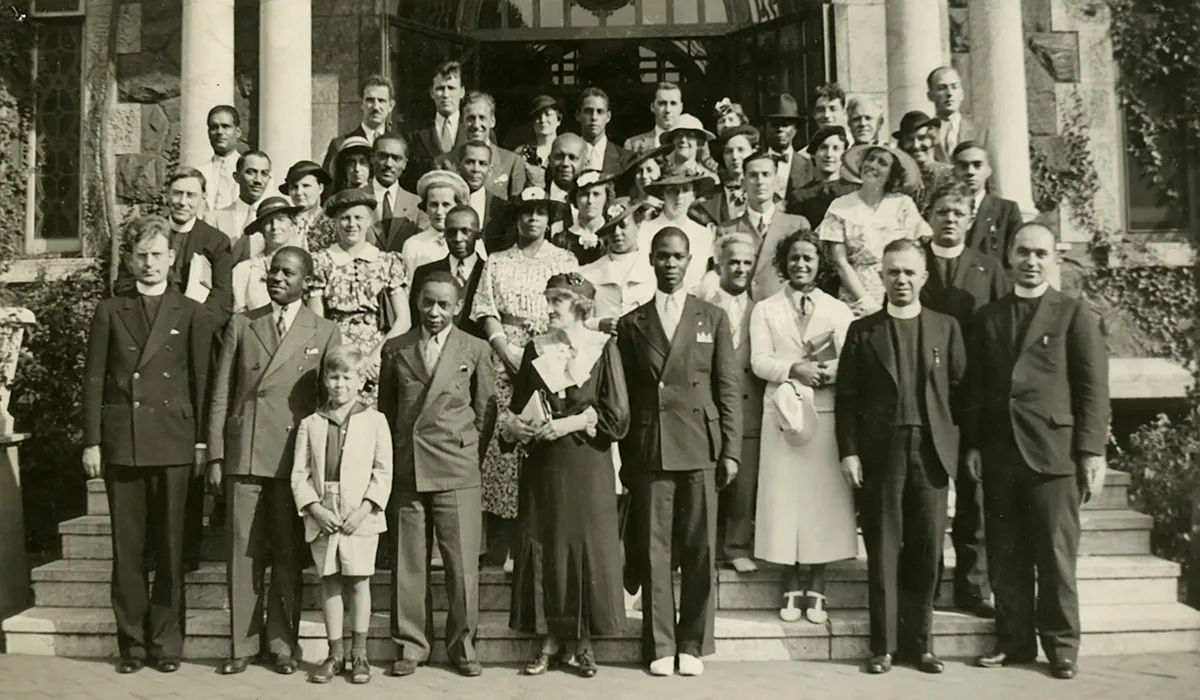The pope is dead.
The Latin American-born Francis, after 12 years of petrine ministry, is no more on the earth, though his legacy lives on in the new-look College of Cardinals (80% of whom he appointed personally). With the upcoming conclave shaping up to be the most diverse in history, the question looms: Are we ready for a Black pope?
The question is most commonly framed in reference to the continent of Africa, which has in the past produced three popes, all of whom served in the first 500 years of the Church. Whether they were Black is anyone’s guess. This year, the motherland will have an expected 15 Black electors present in Rome for the selection of the new supreme pontiff, with more still eligible to participate in preliminary discussions before bowing out of the conclave itself due to the cutoff age of 80.
Importantly, the voting pool will also feature a Black Caribbean cardinal—the first-ever Haitian red hat, Chibly Langlois, who was raised to the college in 2014, shortly after Pope Francis’ reign began. He will be joined by a fellow North American in Archbishop Emeritus Wilton Gregory of Washington, who became the first African-American cardinal in 2020.
Although overtly campaigning to be pope is discouraged and would be counterproductive, the cardinals do a lot of politicking in private prior to the conclave.https://t.co/5GsRyq8xNT
— America Magazine (@americamag) April 23, 2025
The recognized papabile, an unofficial designation for men considered to be the most serious candidates for the papacy, include several Africans from a variety of ideological persuasions.
The most well-known name among them is Cardinal Robert Sarah of Guinea, a 79-year-old who was made a cardinal under Pope Benedict XVI in 2010. Sarah’s tenure in the Roman Curia under Francis was controversial, not least because of his promotion of the Latin Mass and other conservative viewpoints (often in direct opposition to the orientation of the Holy Father). The same activities have made Sarah a darling of right-leaning Catholics throughout the Western world, including the United States. His run as head of the Vatican’s liturgy department ended unceremoniously in 2021.
On the other end of at least one spectrum at play in the 2025 conclave is Cardinal Peter Turkson of Ghana, a curial product of the papacy of St. John Paul II. Raised to the college in 2003, the 76-year-old prelate has been seen as an ally of Francis, serving in several Vatican posts since his retirement as Archbishop of Cape Coast. Following a noisy exit from the Dicastery for the Promotion of Integral Human Development in 2021, he was named chancellor of the Pontifical Academies of Sciences. He was previously considered papabile in the 2013 conclave following the resignation of Pope Benedict XVI.
A third African candidate for pope has emerged more recently, 65-year-old Cardinal Fridolin Ambongo Besungu of the Democratic Republic of the Congo, a country ravaged by war for decades. A member of the Capuchin Franciscans and a cardinal since just 2019, Besungu currently serves as Archbishop of Kinshasa and is president of the Symposium of Episcopal Conferences of Africa and Madagascar. Appointed to the college by Francis and a member of his Council of Cardinals, Besungu nevertheless led the continent’s successful resistance to the Vatican declaration “Fiducia Suppicans,” which permitted simple blessings for same-sex couples. He also spoke critically of Francis’ sainthood push for Servant of God Baudouin, a Belgian king who backed a Congolese coup in 1965.
In all, the possibility of an African—or Black—pope is perhaps higher than ever, though it is impossible to say what factors will reign supreme in the selection process. At present, not even a date is certain for the conclave, which awaits the arrival of all cardinal electors and sufficient time for preparation. The latest the gathering is expected to occur, however, is the week of May 11.
Nate Tinner-Williams is co-founder and editor of Black Catholic Messenger.


